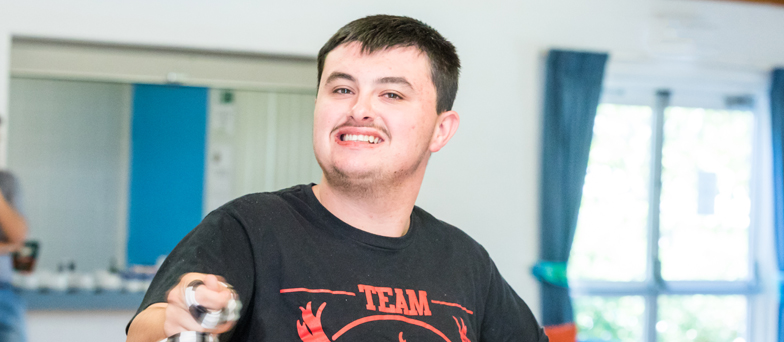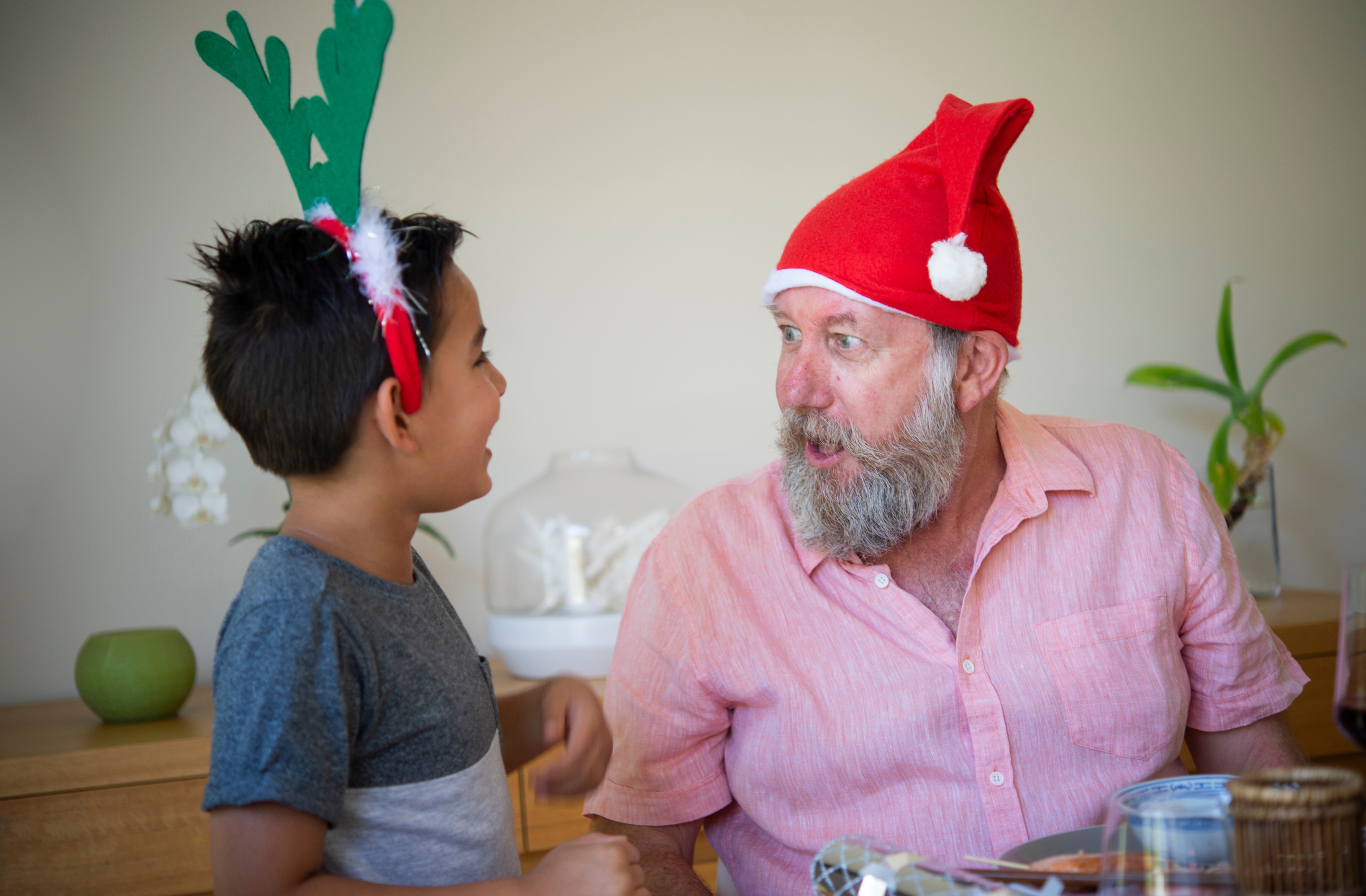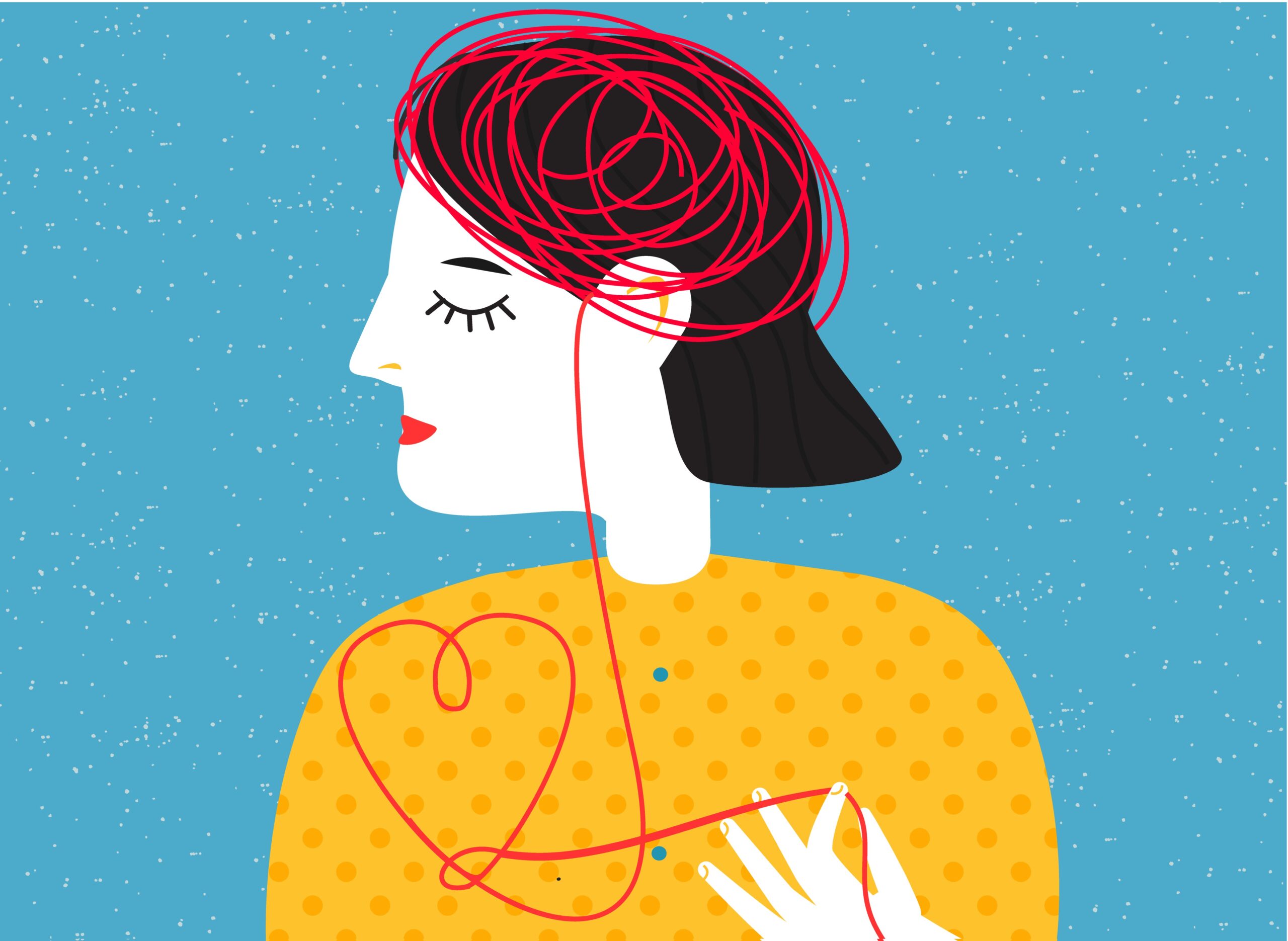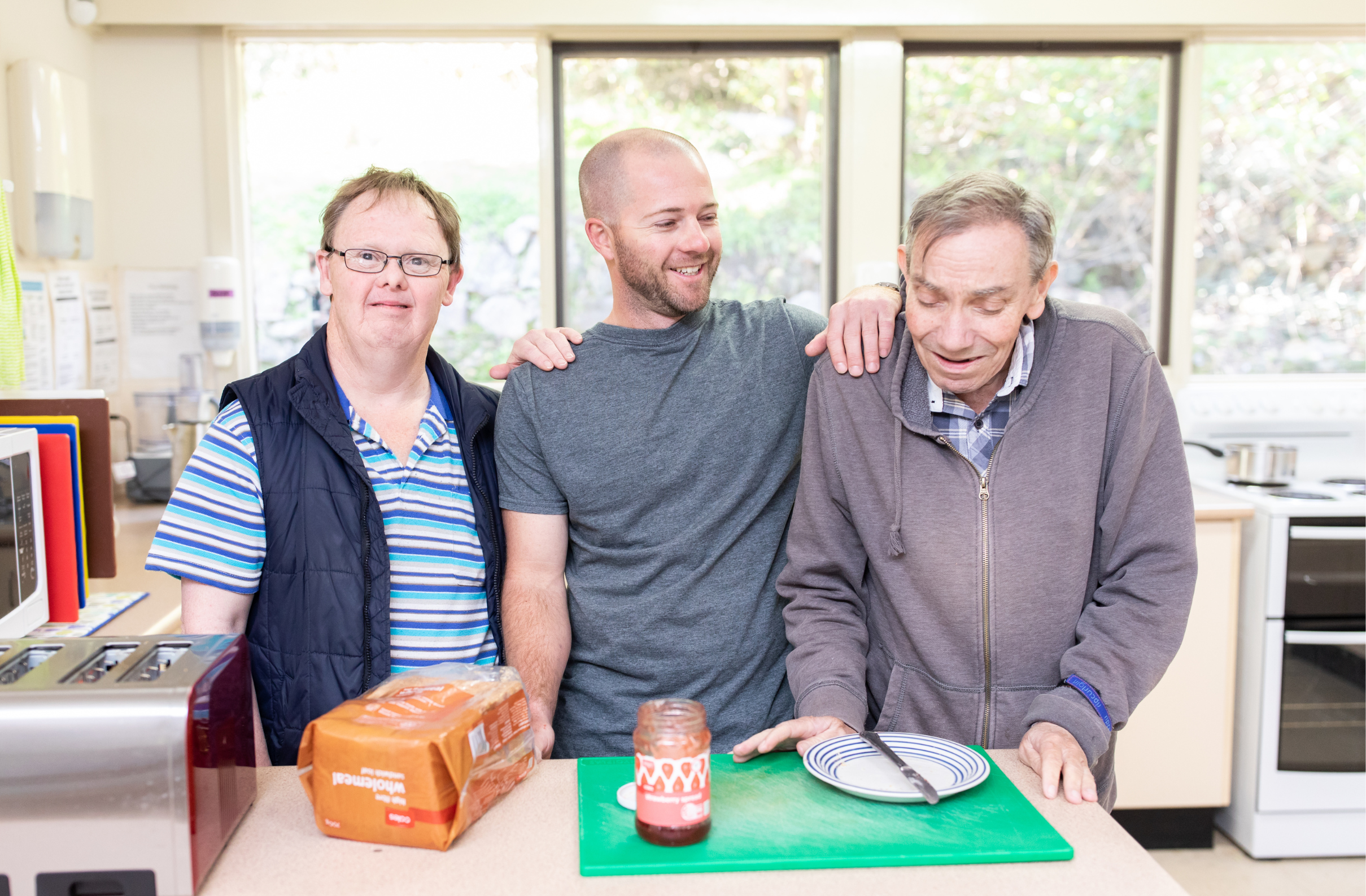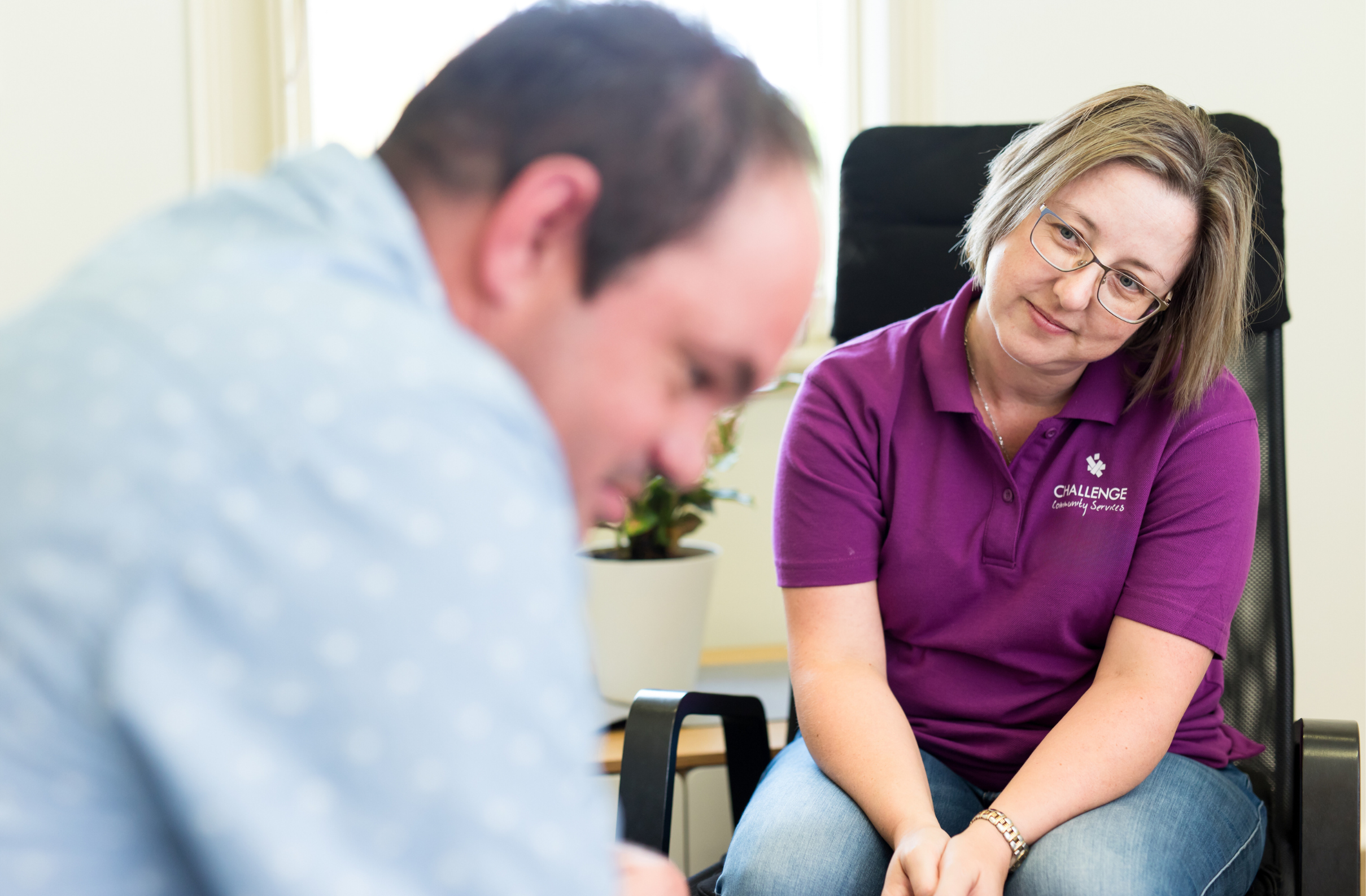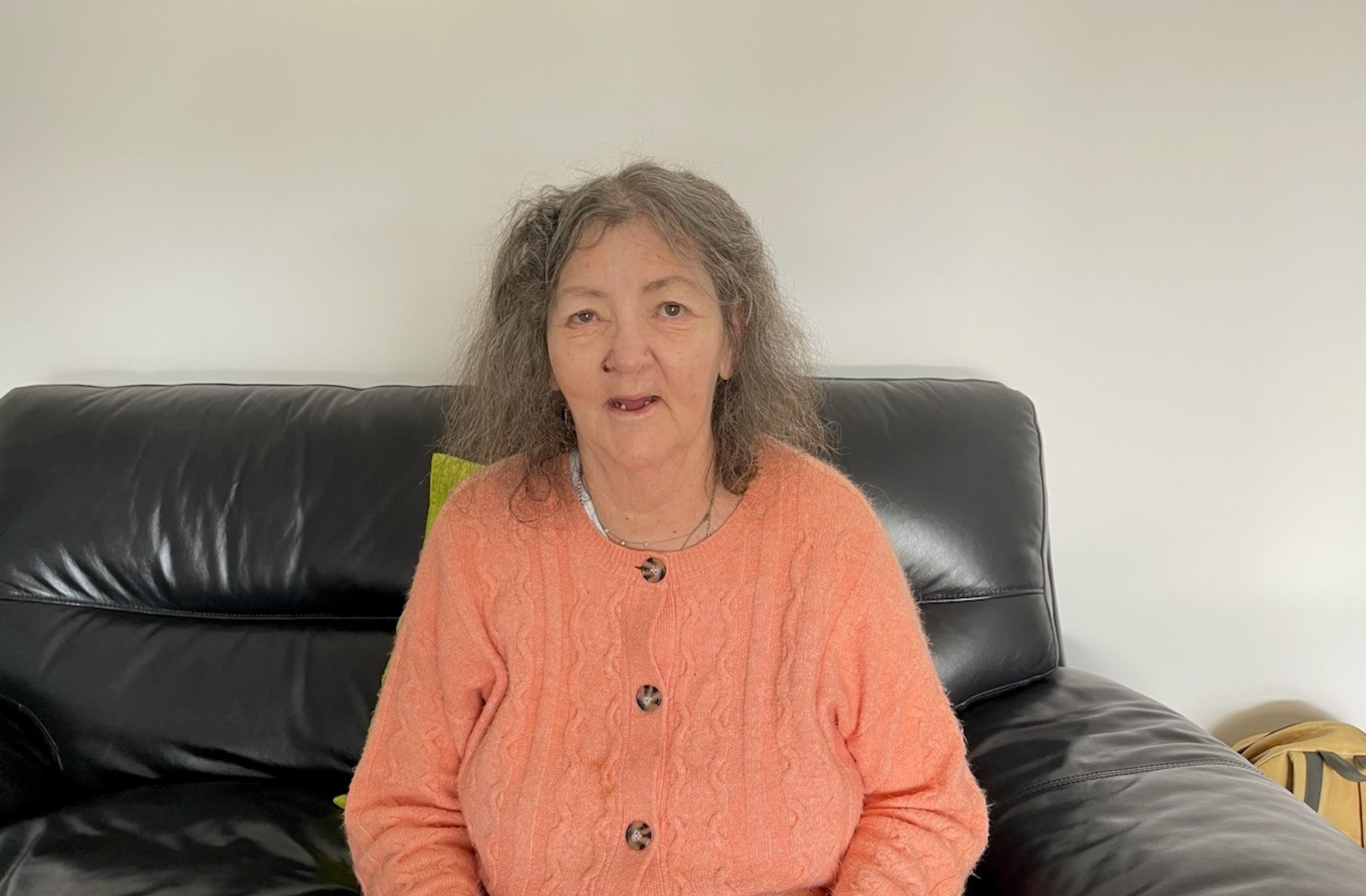Cooking a yummy butter chicken and having a chat with his support worker after work is all in a day’s routine for 19-year-old Jamie.
On the autism spectrum, Jamie lives in Challenge Disability Services Supported Independent Living (SIL) in Wyong and is going from strength to strength.
“Over the four years I have known him, Jamie has matured enormously,” confirms support worker Chris. “Since finishing Year 12 last year, Jamie has become much more independent and now works four days a week at Terama Industries in Gosford, packing and labelling.”
Leading a busy life
Jamie catches a bus then a train from Wyong to Gosford, then has a short walk to work, all of which he navigates independently. These are big achievements for any young person just out of school.
“When I get home from work, I usually rest for about an hour then relax playing video games,” says Jamie.
“On weekends I go to the cricket club or hang out with my friends. I mostly like to talk and play Yu-Gi-Oh. There is a computer in the house but I want to save up for my own computer.” Jamie has learnt how to budget and is on the way to realising this dream.
A game he has always wanted to learn, Jamie began playing cricket at age 15 and has already contributed some crucial wickets for his team at Last Man Stands and Grade 9 League Central Coast matches.
He is also a talented ten pin bowler. In March this year he was awarded the All Events D Grade Male 1st Trophy and the Doubles E Grade 1st Medal for the Illawarra Star Strikers Club Challenge held in Sydney.
Learning to be Independent
Support workers use a variety of strategies to help people become more independent. The main one for Jamie has been hurdle help. “Hurdle help is about showing Jamie how to complete everyday tasks, like hanging the washing on the line or making a piece of toast,” explains Chris.
“Often the actions we take for granted are not obvious to someone learning independence. For example, rather than just throwing the clothes over the line, I show the young person how to spread the clothes out and peg them so they dry properly and don’t blow away.
As we fill in the gaps with one skill, we move onto another, like replacing frozen vegetables with peeling fresh ones.”
Managing change
Coping with change was a big challenge for Jamie initially, but in the shared home environment he has learned to accommodate change better.
“As his three support workers, we are here to help him,” says Chris.
“We don’t do everything for him but Jamie knows he can come to us if he feels challenged or needs help. This continuity gives him a sense of security and prevents him from becoming overwhelmed as he increases his independence.”
Continuity, predictability and routine are critical for someone on the autism spectrum. With SIL Jamie knows what will happen when and he knows who his support workers are. Sharing the home with others also brings with it companionship and a sense of belonging.
If you have an intelectual, physical or psychosocial disability and you are unable to live independently, Supported Independent Living (SIL) could be the right choice for you.
Supported Independent Living (SIL) is an NDIS support where you can live with other people with a disability or on your own. You will also receive support with everyday tasks like cleaning, cooking and personal care.
To learn more about Supported Independent Living (SIL) options for people with a disability contact 1800 679 129 or visit our SIL vacancies page here.


